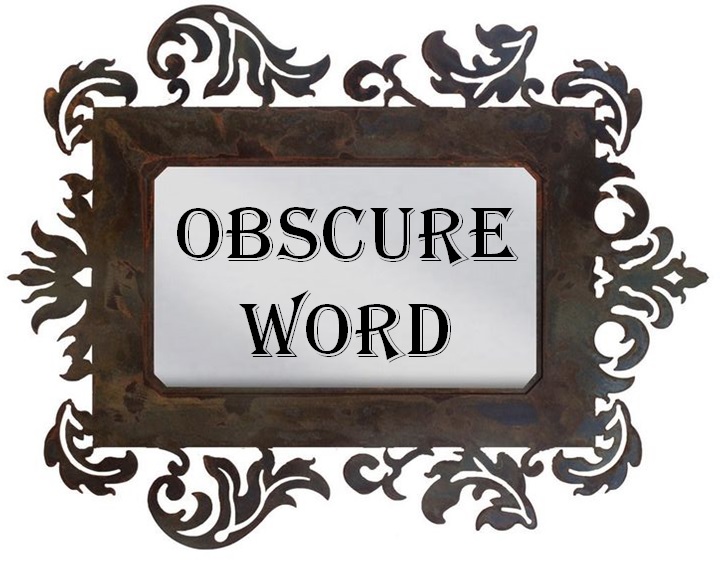I came across this word today, and knew I had to find out more: Coined by scientific researchers in 2020, it refers to the impact on wildlife that Covid-19 has had; specifically, the pause of mankind on a global scale through lockdowns and travel restrictions.
Whales have changed their conversations – it’s quieter out there, with fewer cruise ships (those massive floating cities can drown out every other sound in underwater monitors for an hour as they pass by); Pumas have been spotted roaming through Santiago, Chile, and flocks of Flamingos have landed in the waterways of Mumbai, India. The wild animals that live in cities, coming out only at nights in normal times, have started coming out to play in broad daylight. Birds, who have had to learn to call louder to attract mates in areas with traffic, can suddenly be heard loud and clear.
Not all changes have been positive, however; we live in a complex world, and in a world where some people will take advantage of the situation: Poaching has risen, as has Amazon deforestation. But on the whole, wildlife has benefited from the absence or reduction of human activity and presence. Roadkill has been reduced, and in those areas near nesting sites, such as beaches, birds have been laying more eggs than in previous years, possibly because they feel safer and are less disturbed by human noise pollution. Studies are beginning to emerge about just how the withdrawal of humans on a mass scale is impacting the environment and wildlife, and I hope that one of the results of such research is a plan for making our lives on a global scale become more compatible with, and supportive of, nature and natural rhythms.
In the meantime, with lockdowns continuing in many parts of the world (and because one never knows when and how travel restrictions will return, and no one wants to get stuck paying for a hotel in a foreign country for weeks on end of quarantine, travel is largely self-restricted), mankind is safely behind closed doors, and wildlife will come out to play.










 Today’s obscure word is one which describes something most of us know and love, but which most of us have probably never even thought about naming: Petrichor. It’s used to describe that delicious scent hanging in the air after rain has fallen on dry ground. The word entered the English language in the 1960s, and is a combination of
Today’s obscure word is one which describes something most of us know and love, but which most of us have probably never even thought about naming: Petrichor. It’s used to describe that delicious scent hanging in the air after rain has fallen on dry ground. The word entered the English language in the 1960s, and is a combination of 
 Have you ever had that feeling that, when you meet someone for the first time, you already know them? Most of us might think of that person as a soulmate – someone we understand and who understands us without using many words or having to explain ourselves.
Have you ever had that feeling that, when you meet someone for the first time, you already know them? Most of us might think of that person as a soulmate – someone we understand and who understands us without using many words or having to explain ourselves.





